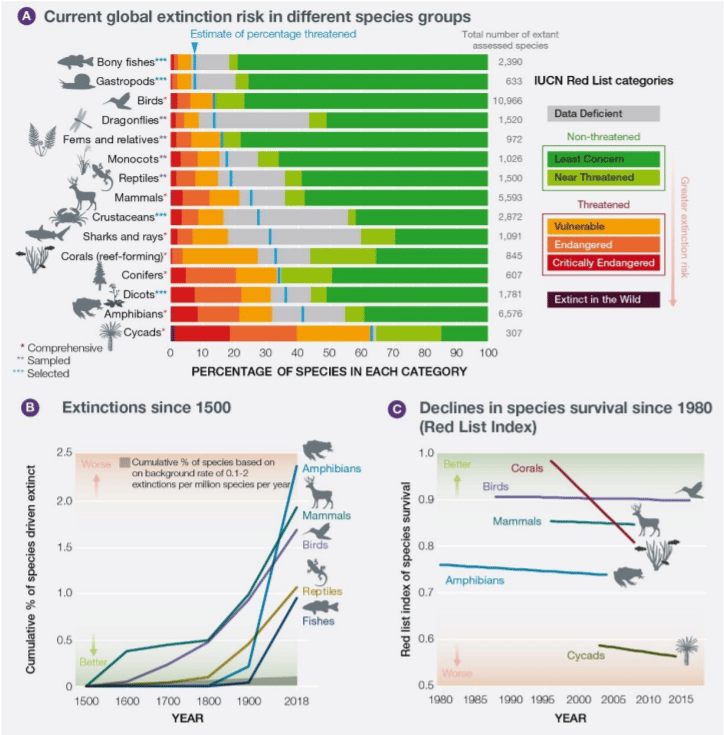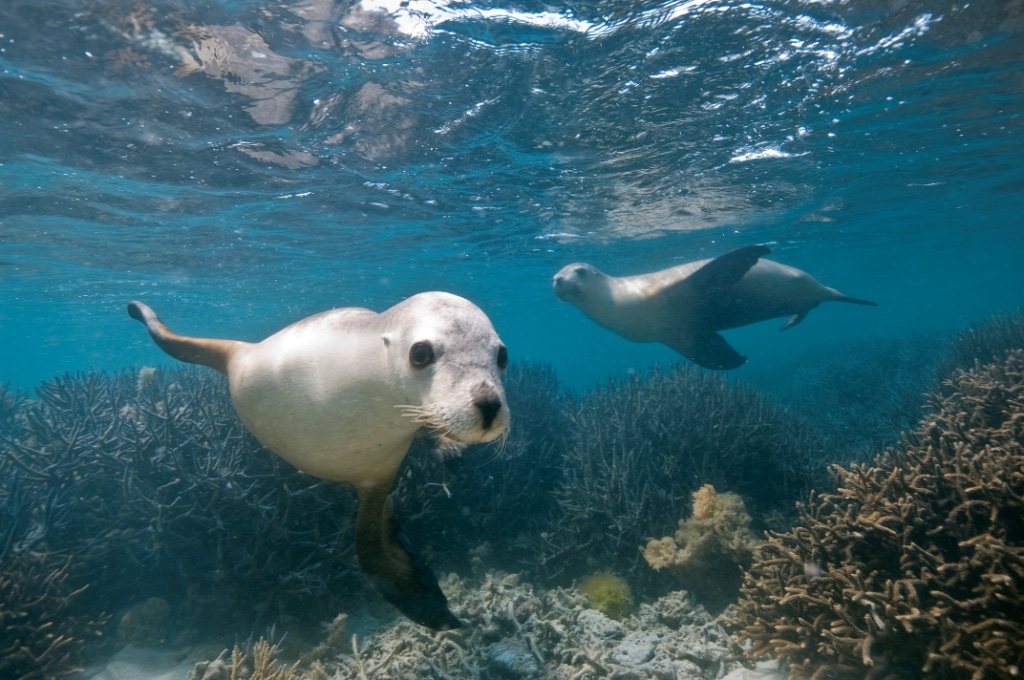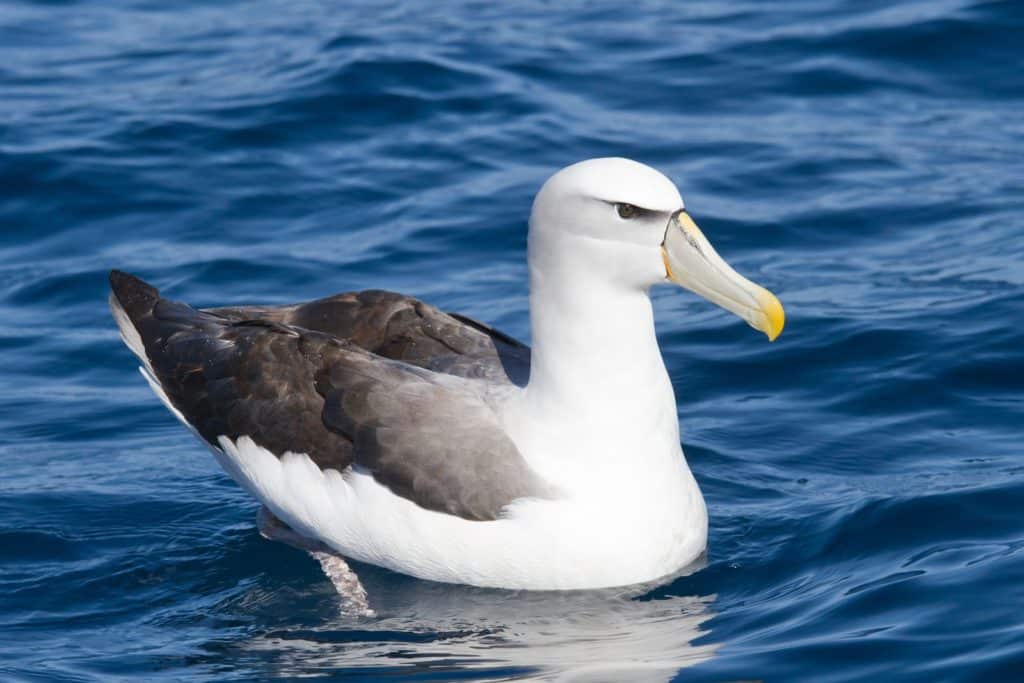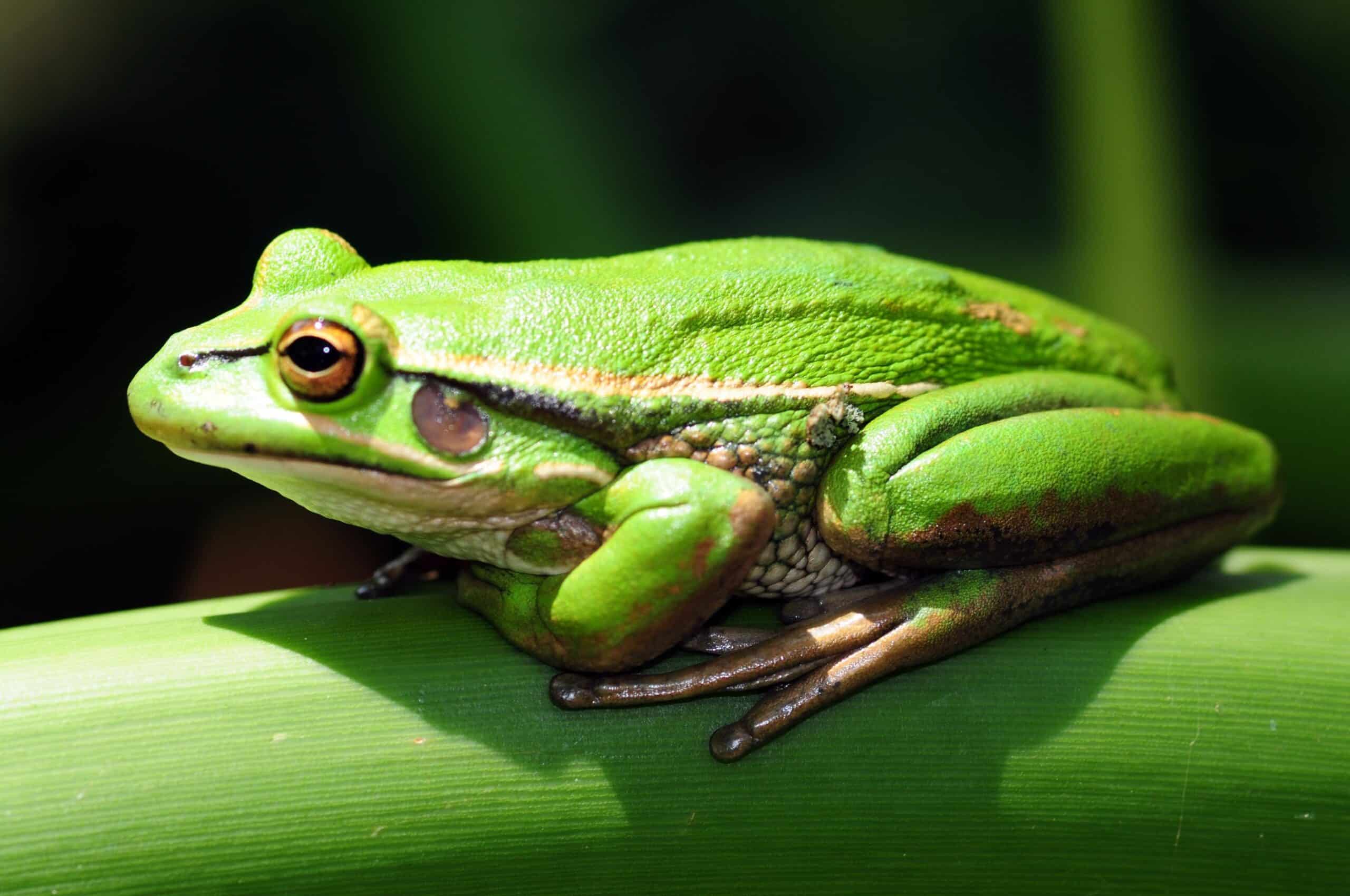Australia’s native animals are protected by law — but that protection comes with caveats. Across every state and territory, permits are routinely issued that allow property owners to kill native wildlife. Known in many jurisdictions as “damage mitigation permits,” these licences have quietly sanctioned the deaths of millions of animals...
How the federal election will play an important role
This week the Intergovernmental Science-Policy Platform on Biodiversity and Ecosystem Services (IPBES) – established in 2012 by more than 100 nations – released its report on the state of the world’s biodiversity and it is a sobering one.
“Nature is declining globally at rates unprecedented in human history — and the rate of species extinctions is accelerating, with grave impacts on people around the world now likely”
This comprehensive report, compiled by 145 experts from 50 countries over the past three years, states that one million animal and plant species worldwide face extinction, some within decades if action is not taken. Without action, there will be further acceleration in extinction which is already at least tens to hundreds of times higher than the average over the past 10 million years. No animal or plant is immune from this trend, as demonstrated in the following graphic taken from the report:

A substantial proportion of assessed species are threatened with extinction and overall trends are deteriorating, with extinction rates increasing sharply in the past century. Source: Figure 3, Summary for policymakers of the global assessment report on biodiversity and ecosystem services of the Intergovernmental Science-Policy Platform on Biodiversity and Ecosystem Services – ADVANCE UNEDITED VERSION – 6 May 2019, Diaz et al https://www.ipbes.net/news/ipbes-global-assessment-summary-policymakers-pdf
As noted by the Chairs of IPBES this is a dangerous, unprecedented decline, and complacency is not the answer. However, it is not too late and nature can still be conserved through ‘transformative change’ – characterised by the authors as a ‘fundamental system-wide reorganisation across technological, economic and social factors, including paradigms, goals and values’.
The recognition of this global extinction crisis is both depressing and a relief. We have long known that more needs to be done if we are to protect our animals and the places they live, however the scale of the problem is far worse than even we feared. Australia, as a global hotspot for biodiversity has a critical role to play. We must take action if we are to protect our unique animals and plants and we have no time to waste. Having this report provides us with the data that we need to take it to the policy makers to justify our calls for urgency. The alarm bells have long been ringing, but now they are unavoidable.

HSI has already called for a new national framework to address the extinction crisis, spending the past few years with colleagues from the Places You Love alliance advocating for new, stronger environment laws to address the challenges our environment faces as we approach the 20th anniversary of the current federal environment law, the Environment Protection and Biodiversity Conservation Act 1999 (EPBC Act). This latest report only strengthens our resolve, highlighting the urgency of the situation, justifying our continued for push all Australian political parties to take action.
With the upcoming federal election on 18th May 2019 we have a unique opportunity. We need to galvanise support across all political parties and representatives, calling on them to recognise the scale of this crisis and commit to taking action urgently. Small changes will not be enough as so explicitly set out for us in the IPBES report. We are already talking to all political parties about the need for new laws and below are their respective commitments made so far.
How the three main parties compare on environment law and institutional reform
|
|
Coalition [1] |
Australian Labor Party [2] |
Greens [3] |
|
Commitment to new laws? |
No – commitment to begin 20 year review of EPBC Act by October 2019 Want to cut ‘green tape’ and establish ‘one-stop shops’ which shift approvals to the states Threatened Species Commissioner will remain |
|
|
|
Establish a Federal Environmental Protection Authority? |
No |
|
|
|
Establish a National Sustainability Commission? |
No |
No |
|
HSI does not advocate for any political party. Whatever the outcome of the federal election we will continue to talk to all parties and press them to take the IPBES report seriously. Committing to new laws and institutional reform is an important first step to tackling this environmental crisis. It is just as critical to ensure that the funding commitments made match the scale of the problem.

Politicians need to understand that this isn’t an issue that can be ignored or deferred for later action – this will affect us all, whether we care about our world’s amazing animals or not. They need to be ambitious in their commitments with equivalent funding to back these up. Unless transformative change starts immediately, we will lose many animals of value to our ecosystems, and most importantly we will lose health and quality of life worldwide. The introduction of new environment laws up to this challenge will be a major first step towards the change needed.
The challenge is significant, and HSI looks forward to strongly putting this case forward with the next Government, before it is too late. In this last week before the federal election, please help us by taking action to stress the urgent need for new environment laws, so that whoever our Prime Minister may be, they can take office ready to take bold action to protect our animals, our plants, our water and our lives.
Take Action: Call on Australia’s major parties to commit to new #naturelaws
Alexia Wellbelove is a Senior Program Manager at the Humane Society International (HSI). She joined the organisation in 2009. With over two decades experience in conservation her current focus is environmental policy, marine conservation (particularly marine mammal and fisheries bycatch) and wildlife trade. She helped found the Places You Love alliance and serves on a number of state and federal government committees. She has represented Australia as a member of the delegations to both the International Whaling Commission (IWC) and the Convention on Migratory Species (CMS).
A zoologist by training, Alexia returned to Australia in late 2008 after working in the UK environmental sector. This included a spell as an environmental consultant and roles in the NGO sector with the Bat Conservation Trust, the Marine Stewardship Council and as Director of Wildlife and Countryside Link, where she served on a number of UK Government committees.
[3] https://greens.org.au/platform/environment
Authorised by Erica Martin, HSI, Avalon
Header image: HSI/N McLachlan
Australian Sea Lions: Shannon Conway
Shy Albatross: JJ Harrison | Wikimedia Commons


